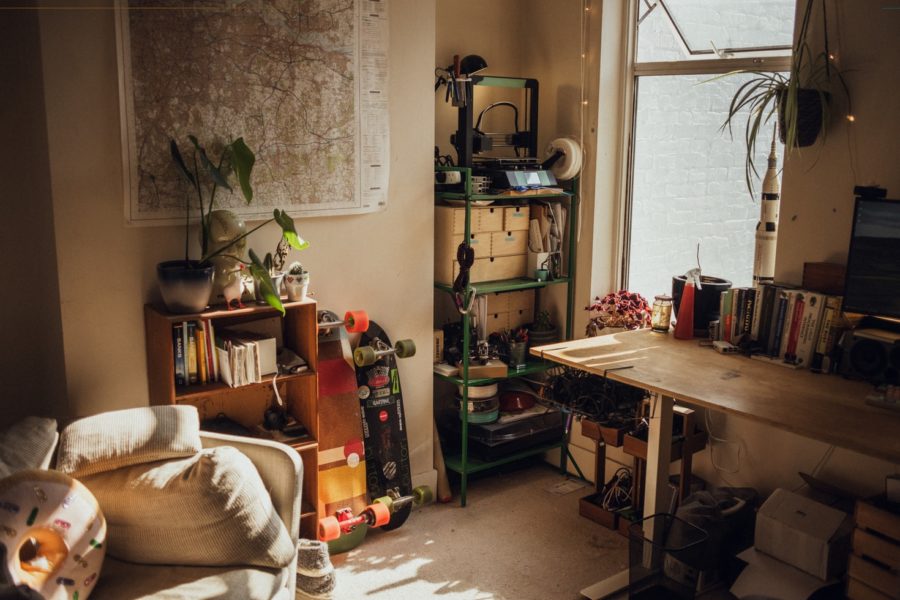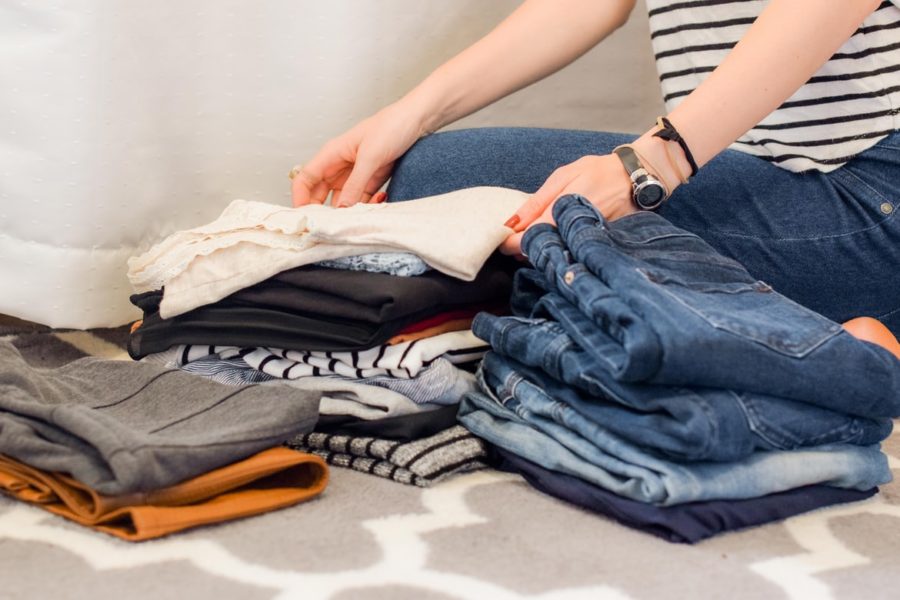The pandemic encouraged people to evaluate what is important in their lives, and what they no longer need.
Here are the many health benefits of decluttering:
The following written content by Lynn Allison

The pandemic encouraged people to evaluate what is important in their lives, and what they no longer need. Staying home 24/7 meant facing the clutter that accumulated over the years that no longer serves a purpose. As a result, in this new year, more people are becoming minimalists, says AARP.
“People are at home more and are face to face with all that stuff,” says Ryan Nicodemus, coauthor of Love People, Use Things: Because the Opposite Never Works. “They’re starting to question what actually does add value to their lives.”
Nicodemus and his coauthor, Joshua Fields Millburn, say that being a minimalist doesn’t’ mean living in a home with stark white walls and no furniture ― it’s about keeping what enhances your life and getting rid of what doesn’t.

The organization guru Marie Kondo started a huge trend in 2019, thanks to a Netflix show that introduced her refreshing methods of decluttering. But experts say that decluttering isn’t only about physical clarity and neatness, it has positive health benefits as well. According to Makespace.com, some of the benefits include:
- Alleviates anxiety and depression. Research from the University of California found that clutter produces high levels of the stress hormone cortisol which can trigger anxiety and depression. Put away new purchases or store sentimental items as soon as possible so there will be less clutter and stress at home.
- Promotes sleep. Studies link clutter in the bedroom with interrupted sleep patterns. Researchers from St. Lawrence University found that messy bedrooms result in poor sleep due to depression and stress.
- Fewer allergies. It’s easy to get mold, pet hair and dust mites in the home if you have objects scattered all over the house. This can lead to troublesome allergens and poor ventilation. Makespace.com says that poor ventilation coupled with high humidity is a breeding ground for mold.
- Creates harmony. When people share living quarters, a messy environment can strain relationships between family members and roommates. Keep your clutter out of common areas. This will create a more harmonious relationship in the home, as well as improve emotional well-being.
- Gets you moving. Putting household items away, dusting and vacuuming are forms of exercise, so you will feel the physical benefits of decluttering your home. Thrive Global says that dusting can burn up to 174 calories an hour. Since dust always seems to return the next day, you can be sure you will continue to reap the benefits of this chore. Read more from Newsmax.





